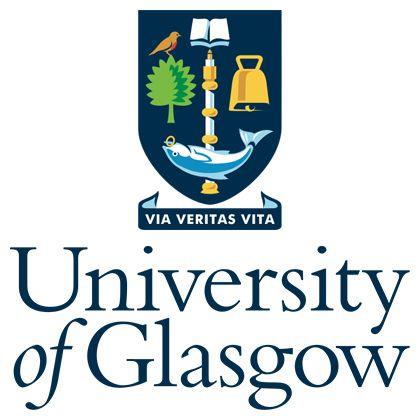
MSc in Advanced Statistics
University of Glasgow, Glasgow


University of Glasgow, Glasgow

MSc in Advanced Statistics
University of Glasgow, Glasgow
University of Glasgow offers placement support
Ranked Top 100 globally and top 30 in the UK
It is a top-ranked institution verified by QS
Degree
Postgraduate
Duration
12
Course Type
With Co-op
Co-op education gives you real-world experience in a job related to your studies.
INR
33.57L
USD 39493
1st Year Tuition Fees
Opening Soon